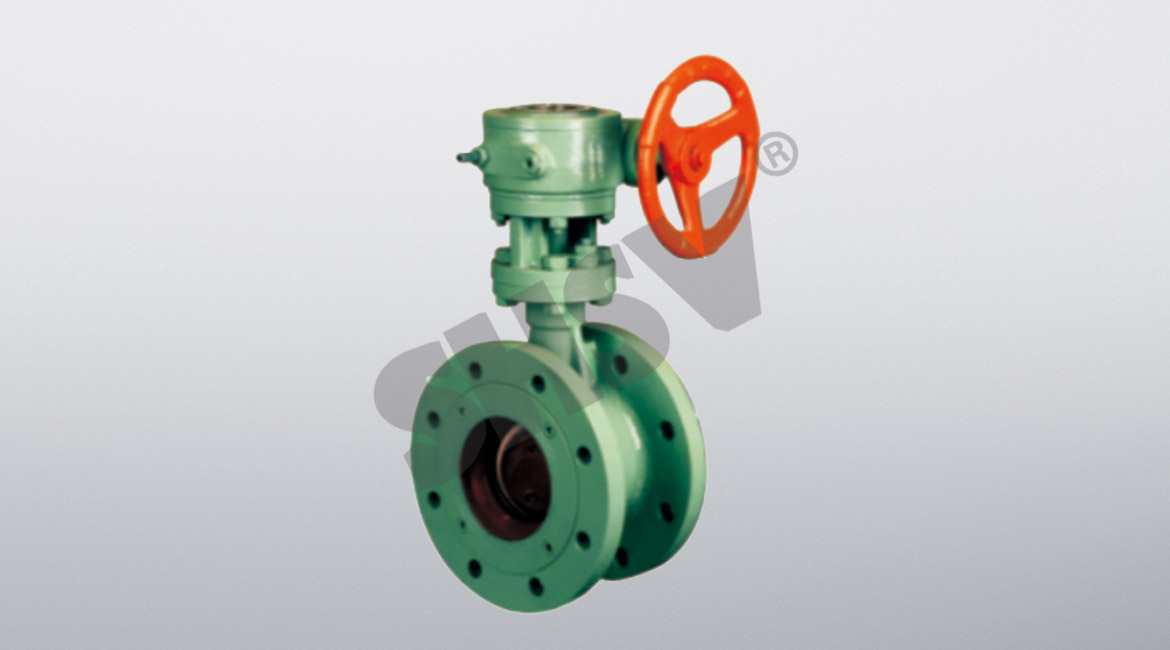Ceramic Butterfly Valve Overview
Ceramic butterfly valve can be widely used in petrochemical, metallurgy, papermaking, power plants, oil refining, coal and other industries of all kinds of acid-base gas, liquid, high temperature steam, slurry and ash transfer system for regulating flow or cut off the media. Manually driven, pneumatic, electric and so on. Its high operating economy has been favored by many industrial and mining enterprises at home and abroad.
Ceramic butterfly valve and structural features
1, ceramic butterfly valve eccentric structure, reducing the friction part of the movement;
2, compact structure, small size, light weight, flexible operation, small opening and closing torque, energy saving.
3, suitable for harsh working conditions, low cost, long service life, high cost performance;
4, with excellent corrosion resistance, high temperature, wear resistance, erosion resistance, anti-magnetic and anti-static characteristics.
5, according to different conditions, with different parts of the valve material;
6, with manual, pneumatic, electric and other different driving methods, model complete, to meet different customer needs;
7, a wide range of applications, in the hard particles more to reflect its superiority of the occasion, the most suitable steel manufacturing, mining and other industries.
Ceramic butterfly valve installation considerations
1, in the installation, the valve should stop in the closed position;
2, the opening position should be determined by the rotation angle of the disc;
3, with a bypass valve butterfly valve, open the bypass valve should be opened before;
4, should be installed according to the manufacturer's installation instructions, the weight of the butterfly valve, should be set up a solid foundation.
Product usage conditions
1, the power plant (desulfurization, denitrification, fly powder, limestone slurry, the gypsum, the filtrate recycle oil, etc.);
2 , waste incineration (lime slurry, absorber, etc.);
3 , steel plant (coal injection, steel desulfurization, the lime, silicates, MgO, etc.);
4 , paper (kaolin, bentonite rock, talc, quartz sand, MgO, - CaCO3, other pulp fillers, bleach, NaOH, filtrate, silica fume, etc.);
5 , chemical ( Various acids, metal slurries, bodies, polymers, process water, wastewater, TiO2 slurries, TiCI4, FeCI2, etchants, mixed liquor, nitric acid amides, phosphoric acid and phosphates;





